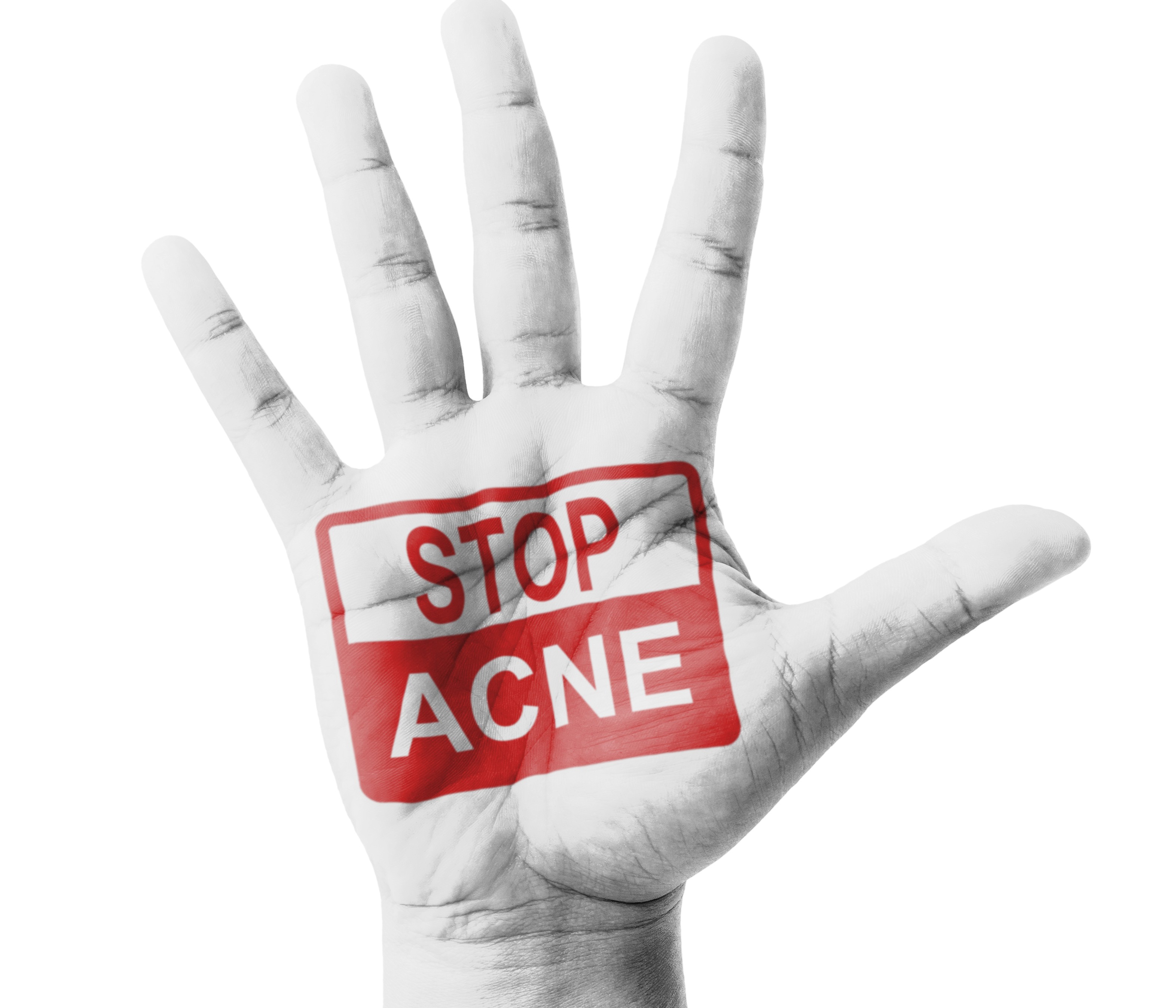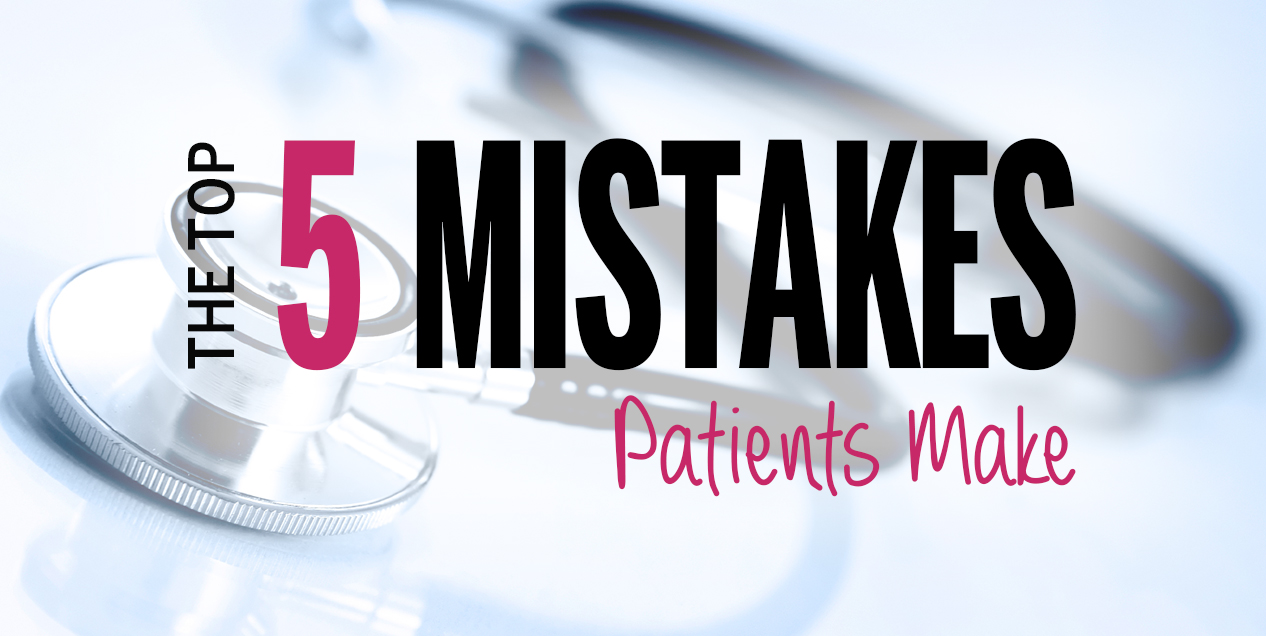Age-related Macular Degeneration (AMD)
Overview
Macular degeneration is an age-related eye condition marked by deterioration of the macula, the tiny area at the center of the retina that plays an integral role in visual acuity. Also referred to as AMD, age-related macular degeneration is the leading cause of blindness for people aged 65 and older.
Although there is no curative treatment for macular degeneration, there are a number of treatments that can help slow or stop its progression, and safeguarded further vision deterioration.
On this page
Types of Macular Degeneration
There are two categories of macular degeneration: neovascular and non-neovascular.
Neovascular – Commonly referred to as “wet” macular degeneration, neovascular is the more advanced form of AMD. Approximately 10 percent of all macular degeneration cases progress to wet. At this stage of the disease, abnormal blood vessel growth behind the retina causes bleeding and a buildup of fluid, which in turn causes blind spots in central vision and a permanent deterioration in vision.
Non-neovascular – Commonly referred to as “dry” macular degeneration, non-neovascular is the far-more-common variant and early stage of AMD. Approximately 90 percent of all macular degeneration cases are early stage. Patients with dry AMD have yellow-colored spots (called drusen) develop on the macula. Although dry macular degeneration does not cause vision deterioration at the same rate as wet AMD, it can progress to the more serious form of the disease if left untreated.
Macular Degeneration Symptoms
The earliest symptom of macular degeneration is the loss of visual acuity. During the earliest stages of dry AMD, the loss of vision may not be drastic enough for you to notice, but as the disease progresses, you will begin to experience shadows or vision distortion affecting your central vision.
In rare instances, the loss of vision associated with macular degeneration can be rapid, but for most patients, it is a slow, painless progression. Symptoms associated with most cases of AMD can include:
- Vision distortion
- Reduced contrast sensitivity
- Blind spots in central vision
- Poor facial recognition
- Diminished color vision
- Low-light vision issues
- Blurred distance vision
- Blurred reading vision
If you are aged 65 or older and experience any of the aforementioned symptoms, it may be the sign of macular degeneration.
What Causes AMD?
Macular degeneration is an age-related condition that can develop naturally as we get older. However there are eye health factors that can increase your risk for developing it as you age. These include:
Cardiovascular health – High blood pressure is a common cardiovascular problem that is linked with a number of diseases, including macular degeneration.
Genetics – If you have a family history of macular degeneration, you are more likely to develop the condition.
Eye Color – People with lighter colored eyes and skin tone are at greater risk of developing macular degeneration. It is thought that the extra pigment in dark eyes provides protection against macula deterioration.
Smoking – Smokers are at greater risk of developing AMD.
Weight – Researchers have linked obesity with a faster development of macular degeneration. If you are overweight and lead a relatively inactive lifestyle, you are more likely to develop AMD.
Speak with your eye doctor about your risk factors and the steps you can take to help lessen the likelihood of developing AMD.
Treatments for Macular Degeneration
Although there are currently no treatments that can cure macular degeneration, there are a number of clinical trials being conducted to improve the current protocols and try to find a curative treatment.
Currently, there are a number of treatments that are designed to slow further deterioration of the macula and minimize permanent vision loss.
Photodynamic laser therapy – This is a specialized laser treatment targeting the abnormal blood vessel growth associated with AMD. A light-sensitive drug is injected into the bloodstream, then laser light is shone into the eye to activate the drug and destroy the abnormal vessels.
Anti-angiogenic drugs – Like photodynamic laser therapy, anti-angiogenic drugs target the abnormal growth of blood vessels. The drugs inhibit blood vessel development, preventing the retina-damaging vessels from growing and leaking blood and fluid.
Diet & nutrition – There is evidence that diets rich in omega-3 fatty acids can help safeguard against damage to the macula. Similarly, AMD patients who supplement their diet with omega-3’s can slow progression of the disease. Antioxidants and zinc have also shown promise in helping to slow AMD progression.
Laser photocoagulation – This advanced laser treatment targets damaged blood vessels in the eye, sealing their leaks and preventing them from bleeding into the eye and damaging the retina.
If you are experiencing symptoms of AMD, speak with your eye doctor to confirm a diagnosis and develop a treatment plan that can safeguard your quality of vision for as long as possible.




